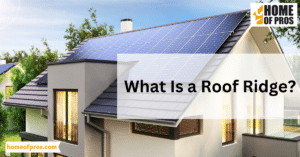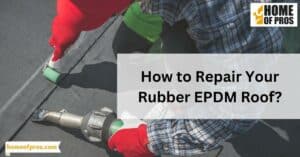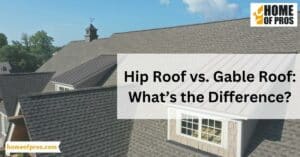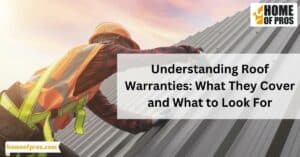Looking for durable and energy-efficient roofing? Choose metal roofing! It offers exceptional durability, fire resistance, and low maintenance. Reflecting solar heat, metal roofs reduce energy consumption. Recyclable materials and compatibility with renewable energy make metal roofing an eco-friendly choice for a sustainable future.
In this blog post, we’ll explore some of the benefits of metal roofing and discuss the various types of metal roofing available. We’ll also look at some of the advantages and disadvantages associated with installing a metal roof in your home or business. With this information, you can make an informed decision about which type of metal roof will best suit your needs. Read on to learn more!
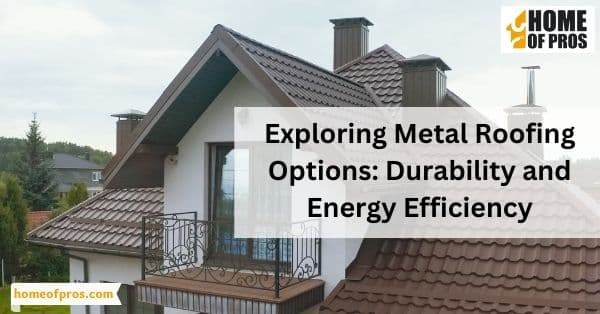
Benefits of Metal Roofing
Metal roofing is becoming increasingly popular among homeowners and contractors alike for many reasons.
One of the primary benefits of metal roofing is its durability. Unlike other roofing materials, metal can withstand extreme weather conditions, from heavy rain and snow to strong winds and hailstorms.
Additionally, metal roofing is fire-resistant, making it a safer option for your home. Besides its longevity, metal roofing is also low maintenance, meaning fewer repairs and less frequent replacements.
Not only is it functional, but it can also add to the beauty of a home. Metal roofing comes in a variety of colors, styles, and finishes, allowing homeowners to customize a roof to their liking.
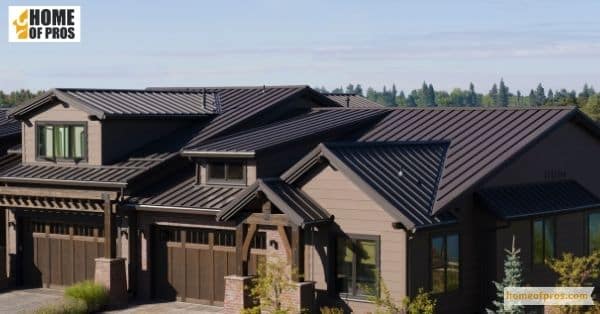
Types of Metal Materials Used for Roofing
| Metal Roofing Material | Durability | Energy Efficiency |
|---|---|---|
| Steel | High | High |
| Aluminum | High | High |
| Copper | Very High | High |
| Zinc | Very High | High |
Steel
Steel is a popular choice for metal roofing due to its high durability and energy efficiency. It offers excellent strength, making it resistant to impact, wind, and fire. Steel roofs are typically coated with a protective layer to enhance their durability and resistance to corrosion. They also have good thermal properties, reflecting solar heat and reducing cooling needs.

Aluminum
Aluminum is another durable and energy-efficient metal roofing material. It is lightweight, corrosion-resistant, and suitable for various climates. Aluminum roofs are often coated to enhance their durability and prevent oxidation. They have good thermal reflectivity, helping to reduce heat absorption and cooling costs.
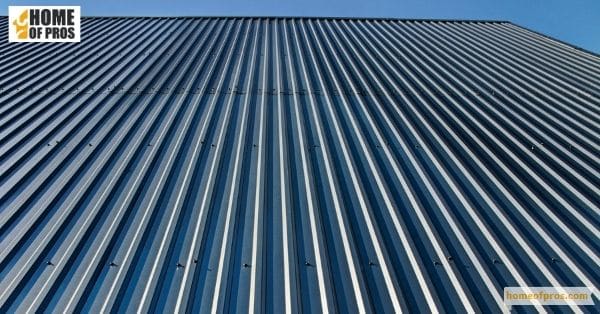
Copper
Copper is known for its exceptional durability and longevity. It has a distinct appearance that develops a patina over time. Copper roofs can last for centuries and are highly resistant to corrosion, even in harsh environments. In terms of energy efficiency, copper has excellent thermal properties, facilitating heat dissipation and reducing energy consumption.

Zinc
Zinc is a durable and eco-friendly metal roofing material. It offers high resistance to corrosion and can self-heal over time, further enhancing its durability. Zinc roofs have a long lifespan and require minimal maintenance. In terms of energy efficiency, zinc roofs have good thermal properties, contributing to energy savings by reflecting solar heat and reducing cooling needs.

Factors to Consider When Choosing a Metal Roofing Material
When it comes to selecting a metal roofing material, there are a variety of factors to be taken into consideration. Perhaps most important is the overall durability and lifespan of the material.
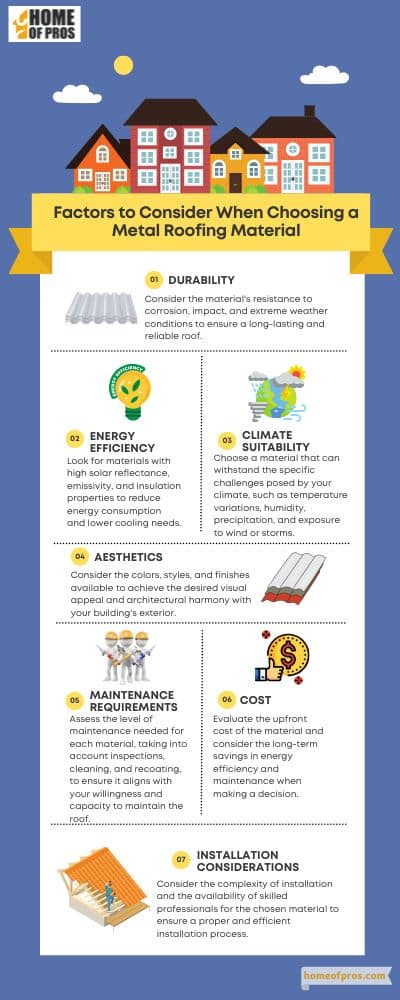
Advantages and Considerations of Energy-Efficient Roof
Metal is very reflective, meaning that it can reflect a significant amount of solar radiation, which in turn reduces the amount of heat absorbed by the roof.
Advantages:
- Reduces energy consumption: Metal roofing reflects a significant amount of solar heat, reducing the need for cooling systems and lowering energy bills.
- Enhances thermal performance: Metal roofs provide effective insulation, helping regulate indoor temperatures and improving occupant comfort.
- Long lifespan and durability: Metal roofs maintain their energy-efficient qualities over an extended period due to their durability and longevity.
Considerations:
- Roof color and coatings: The color of the metal roof and the application of coatings impact its energy efficiency. Lighter colors and specific coatings enhance solar reflectance and emissivity.
- Insulation and ventilation: Proper insulation and ventilation are crucial for optimizing energy efficiency alongside metal roofing installation.
- Regional climate considerations: Energy efficiency priorities may vary based on regional climate conditions. Factors like solar reflectance or insulation requirements may differ accordingly.
- Installation quality: Proper installation techniques are vital to ensure the energy efficiency of metal roofing, and hiring skilled professionals is recommended.
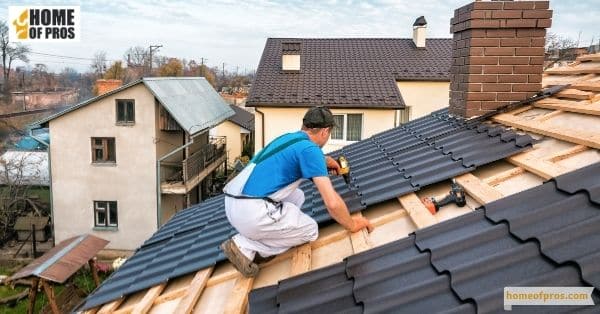
Environmental Benefits of Metal Roofing
Metal roofing offers numerous environmental benefits that make it an eco-friendly choice for building projects.

Opting for metal roofing, you can make an eco-friendly choice that promotes energy efficiency, waste reduction, resource conservation, and a greener future.
In conclusion
Exploring metal roofing options proves to be a wise investment when it comes to both durability and energy efficiency. Metal roofs are known to have a longer lifespan than traditional roofing materials, such as asphalt shingles.
Not only do they withstand harsh weather conditions like heavy rain and strong winds, but they are also fire-resistant. Additionally, metal roofing can help reduce energy costs by reflecting the sun’s rays, keeping homes cooler during the summer months.
The added benefit of being environmentally friendly due to their high percentage of recycled content makes metal roofing an attractive option for homeowners looking to reduce their carbon footprint.
Overall, investing in a metal roof provides homeowners with a durable and energy-efficient solution that will last for many years to come.






